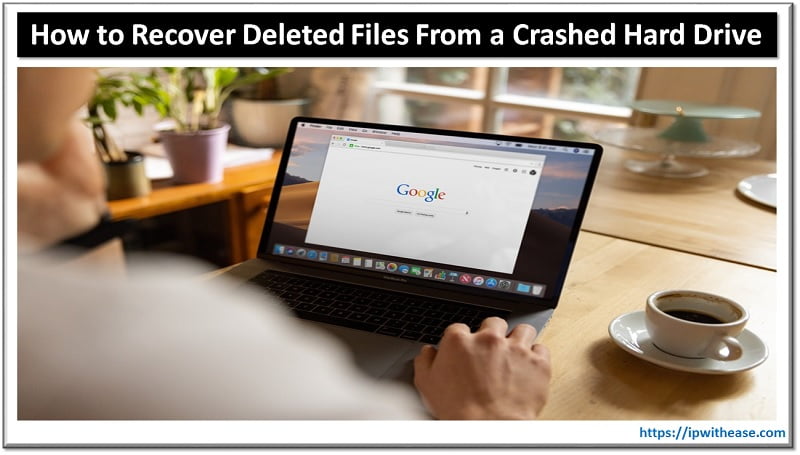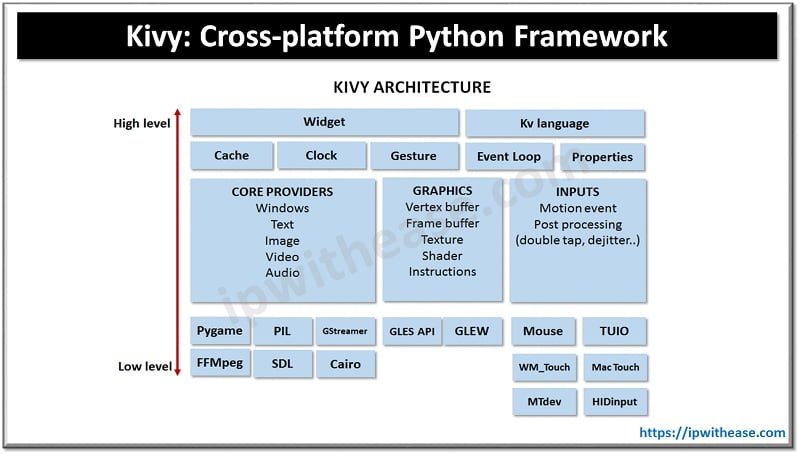Introduction to Disk Management
Disk Management is an important utility which helps us to manage the disk drive of the computer that includes internal & external hard disk, optical disk and flash drive. It is a utility in Windows which was first introduced in Windows XP and is actually replacement of the command fdisk.
Apart from in-built utility, there are several Disk management tools available that makes our life much easier.
What are Disk Management Tools?
These are the utility software that help us to manage the disk data in addition to helping us with multiple functions like partitioning, managing, disk checking & formatting, etc.
Disk Utility is another name for these tools, as they truly are Utility Software. There are many disk management tools available in the market, e.g. MiniTool Partition Wizard is one of the most widely used Disk management tool that offers multiple features like Partition recovery, data recovery, disk cloning and disk analysing.
Functions of Disk Management Tools
These tools helps us to perform multiple functions such as:
- Disk Partitioning
- Disk Formatting
- Renaming a disk
- To shrink, extend or delete a disk partition
- To change the file system of a driver
Types of Disk Management Tools
Different types of Disk management tools as described below:
1. Disk Cleanup Tools
As the name implies, these tools do the cleanup of the disk by deleting the unwanted files, henceforth helping in clean up of the disk space. Infact, the unwanted information like temporary files, web caches, outdated backups, etc. is nothing more than data which piles up the disk, besides posing privacy threat to the system.
2. Disk Compression Tools
As the name implies, the disk compression tools compresses the size of information, thereby increasing the amount of space on a disk. Though it compresses the information in the storage form on the disk, the information decompresses when we have to read it.
3. Disk Checkers
Disk checkers are actually disk scanners that scan the hard disk for any corrupt areas, thereby improving the performance and efficiency of the hard disk. There are different types of Disk checker tools, some of them perform the full surface scan while others only scan the logical structures of the files.
4. Disk Formatter tools
Disk formatter tools format any data storage device, like hard disk, floppy disk etc., for the initial use. They also help to permanently erase a drive to format it to the default setup.
5. Disk Partitioning Tools
As the name implies, the Disk partition tools help to create partitions in the disk, thereby dividing it into multiple regions/partitions. This aids in efficient management of each separate region. The information about the size and location of each partition/region is maintained in the form of a partition table.
6. Disk Space Analysers
These tools, analyse the size of each file, folders and subfolders. And thus we can aptly say these tools analyse the space of the disk. The other name for these tools is disk usage analysis software, as they provide the information about the usage of the disk space.
7. Disk Defragmenter Tools
This type of disk utility tool helps in defragmentation. The unorganized information that is scattered here and there forms fragments. The defragmenter rearranges these scattered files in contiguous memory locations, whereby reducing the access speed and saving time in writing/reading the files to/from the disk.
8. Disk Cloning Tools
These tools help in restoring the disk in case of any accidental deletion. They do so by cloning a copy of all the information that can be used in case of disk failure.
Conclusion
With an array of disk utility tools, the user experience not only becomes much better, but also brings out efficiency in work. Computer is offloaded from unwanted files/folders and hence improves the system processing speed along with ease of management.
Continue Reading:
How To Recover Deleted Files From A Crashed Hard Drive
ABOUT THE AUTHOR

You can learn more about her on her linkedin profile – Rashmi Bhardwaj



